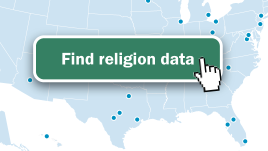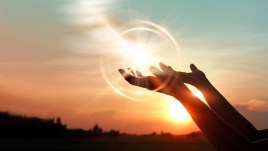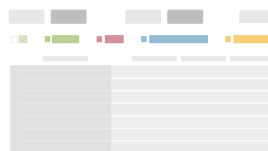
Growing Share of U.S. Adults Say Religion Is Gaining Influence in American Life
The shares of Americans expressing positive views of religion in 2024 and 2025 are up significantly from 2022 and 2019, indicating an overall shift toward more positive views about religion’s role in American life over the past five years or so.




















